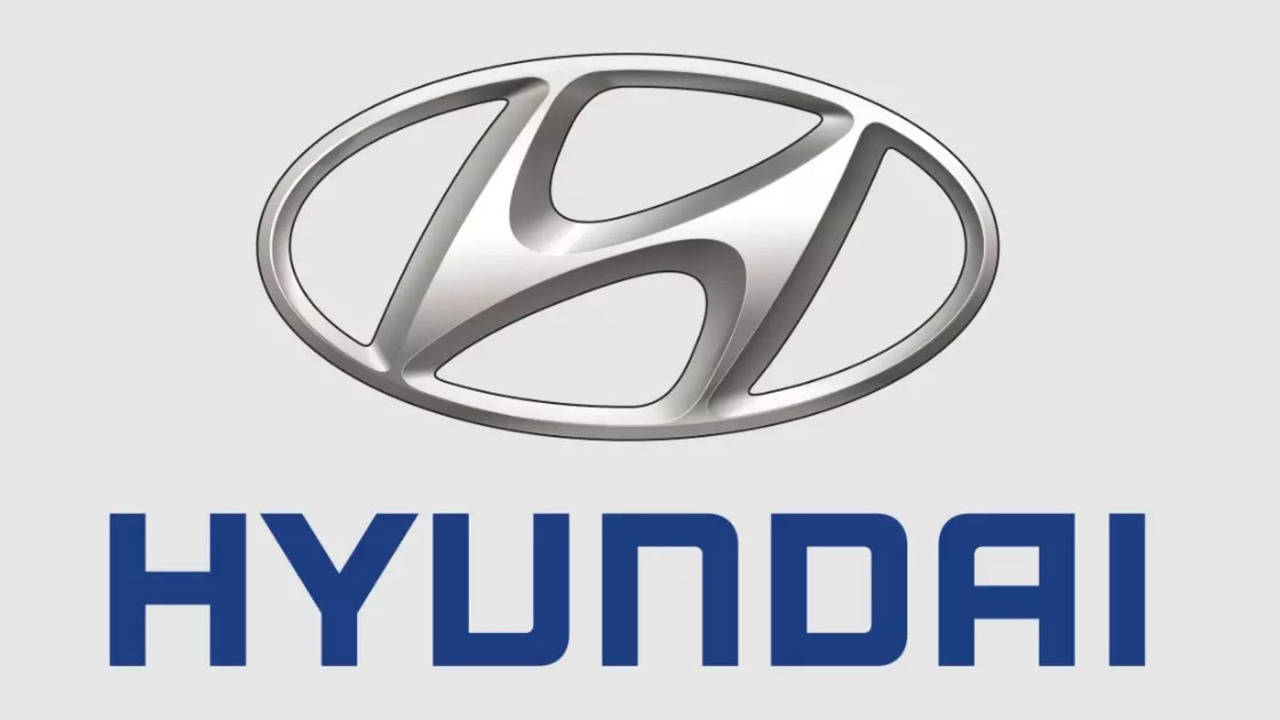
The Army Corps of Engineers has announced plans to reevaluate the environmental permit granted to Hyundai Motor Group for its $7.6 billion electric vehicle (EV) manufacturing facility in Georgia. This decision follows concerns raised by conservation group Ogeechee Riverkeeper regarding the potential negative impacts of the plant on the region's water supply.
Initially, the permit was issued in 2022 without a thorough assessment of the plant's water consumption needs. It was only later revealed that Hyundai intended to withdraw a substantial amount of water from the local aquifer, a primary source of drinking water for the area. This revelation prompted the Army Corps to reconsider its previous assessment of the project's environmental impact.
The conservation group has expressed concerns about the potential consequences of excessive water extraction, including impacts on domestic and agricultural wells, as well as natural springs, wetlands, and waterways. The Army Corps' decision to revisit the permit comes as Hyundai accelerates its efforts to begin production at the plant before the end of the year.
While the federal agency has ordered no delays or disruptions to construction, the reassessment process could potentially impact the project's timeline. Both Hyundai and local economic development agencies have expressed their commitment to cooperating with the Army Corps to provide the necessary information for a comprehensive review.
The state environmental protection agency is also conducting its own evaluation of the project, including the proposed construction of four new wells to supply water to the plant. Public comments have been sought, and the agency is expected to make a final decision on the well permits in the near future.
The reassessment of the environmental permit highlights the importance of rigorous environmental impact assessments for large-scale industrial projects. It serves as a reminder of the need to balance economic development with the protection of natural resources and the well-being of local communities.
(With Agency Inputs)

